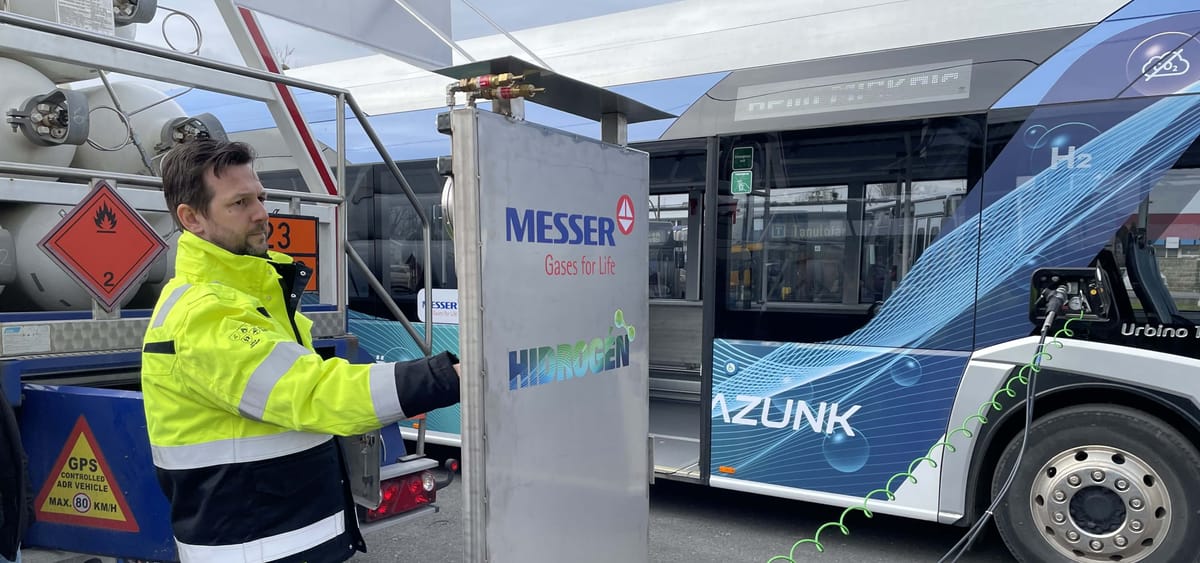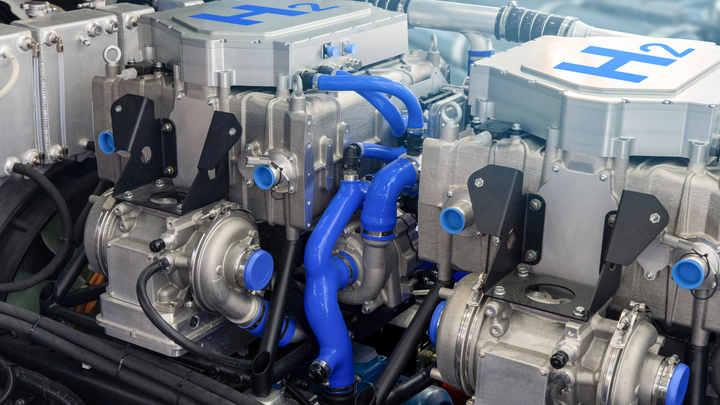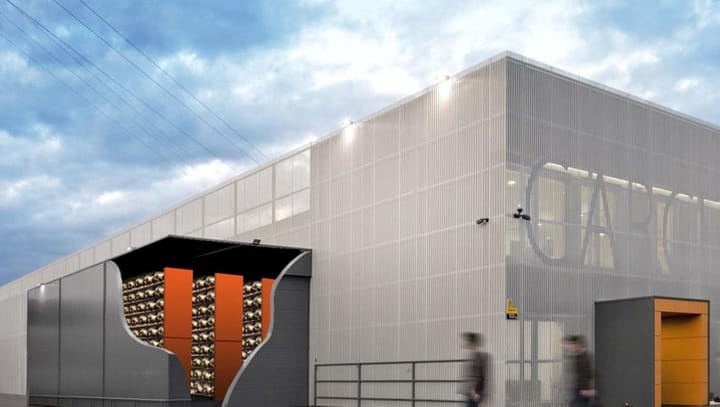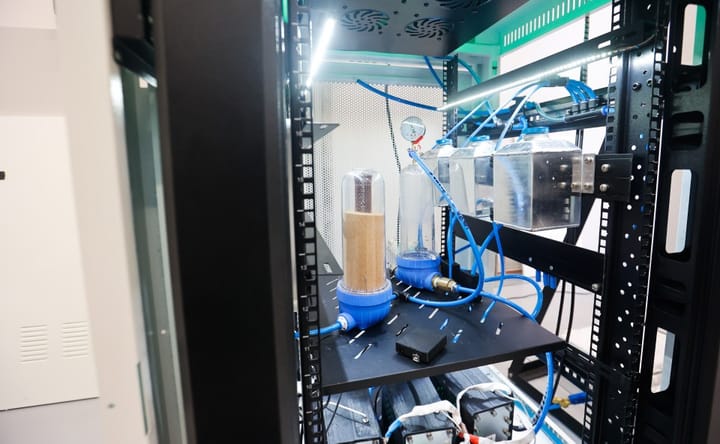Hungary Advances Hydrogen-Powered Public Transport with Kecskemét Pilot Program

Hungary is taking a significant step towards sustainable urban transportation with the introduction of hydrogen-powered buses in Kecskemét. This initiative is part of a broader national pilot program conducted by HUMDA Magyar Mobilitásfejlesztési Ügynökség Zrt., which aims to test the feasibility and benefits of hydrogen fuel cells in public transportation systems.
The Solaris Urbino 12 hydrogen bus, which is central to this pilot, is equipped with a 70 kW hydrogen fuel cell and features a ZF AV 130 integrated electric motor. This setup allows the bus to travel 350-400 kilometers on a single hydrogen fill, stored in 1560-liter composite hydrogen tanks mounted on the roof. These tanks can hold up to 36.8 kilograms of hydrogen gas at 350 bar pressure. The bus, provided by Prim-Vol Trade Kft., can accommodate 29 seated and 58 standing passengers, ensuring it meets the demands of urban commuting.
The hydrogen needed for these buses is supplied by Messer Hungarogáz Kft., and refueling takes place at the Volánbusz depot in Győr. This initiative is part of Hungary's National Hydrogen Strategy 2030, which focuses on integrating hydrogen technologies into various sectors to reduce carbon emissions and promote sustainable energy solutions.
Kecskemét is not the only city benefiting from this pilot program. Other cities, including Győr, Zalaegerszeg, Debrecen, and Miskolc, are also participating. These locations will see the hydrogen buses temporarily integrated into their public transport systems, allowing for comprehensive testing and data collection on performance and user acceptance.
The program represents a collaborative effort among multiple stakeholders, including Volánbusz and various municipal governments. By testing hydrogen buses in real-world conditions, Hungary aims to gather valuable insights that could lead to a broader deployment of hydrogen fuel cell technology in public transportation.




